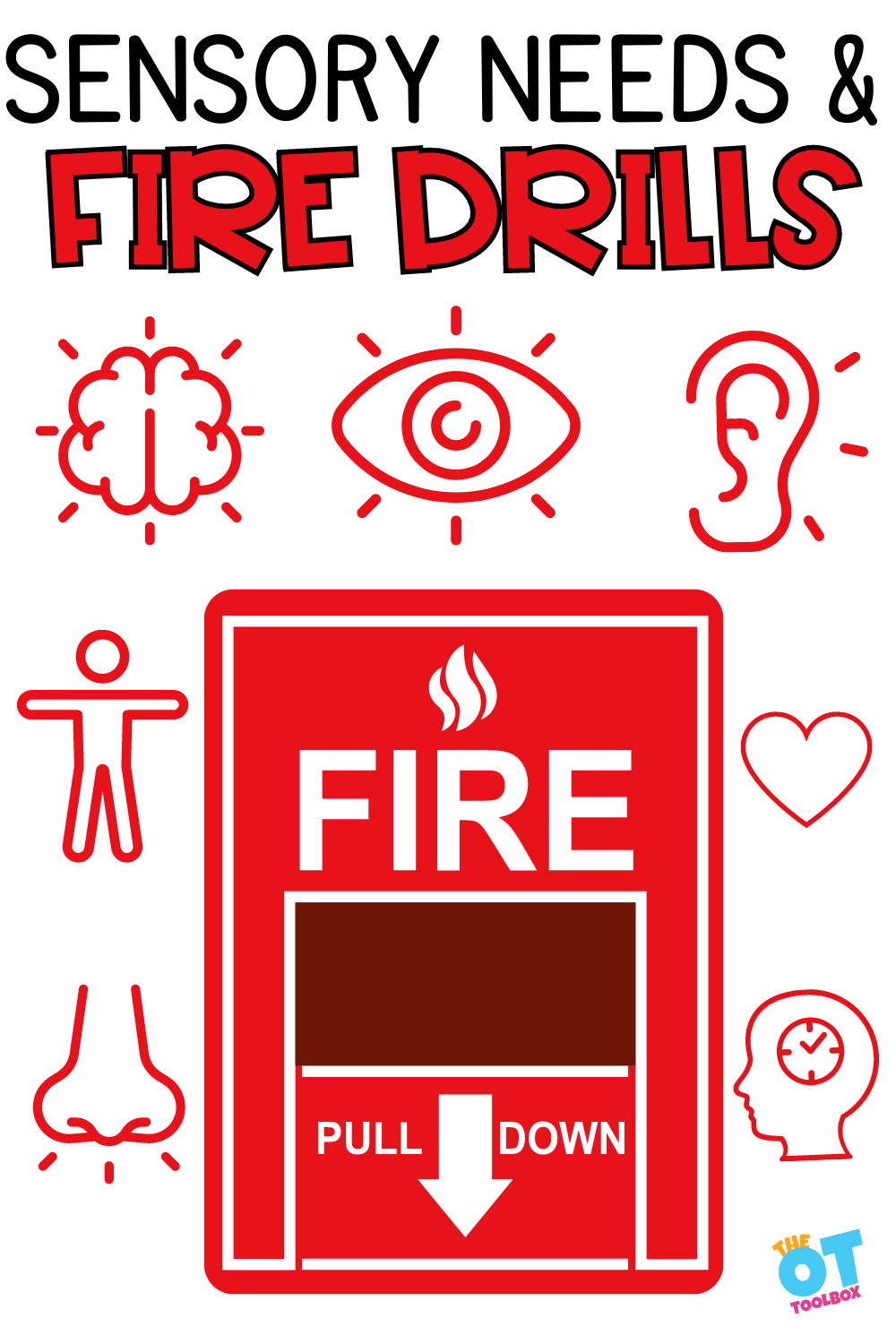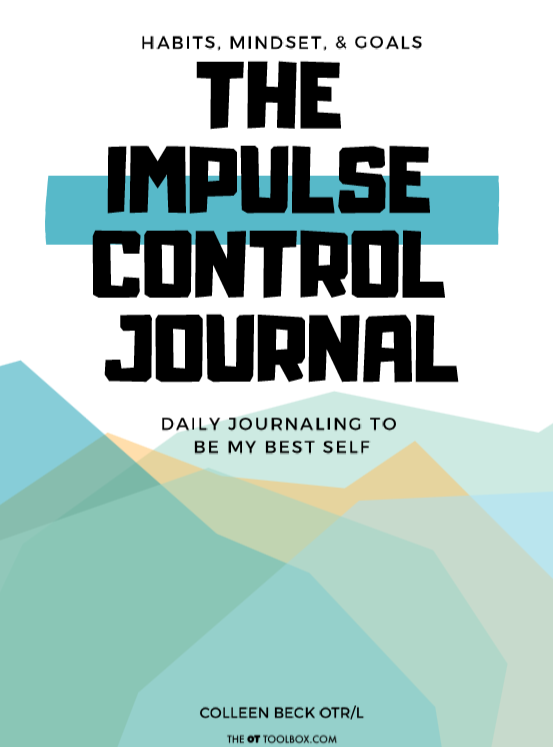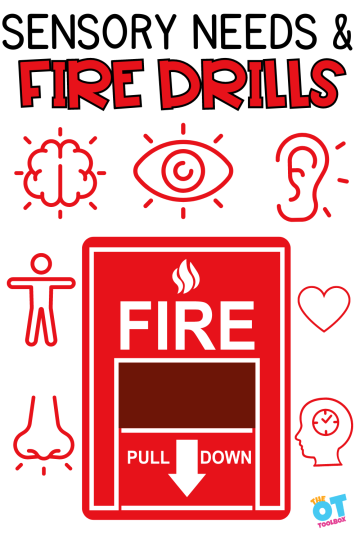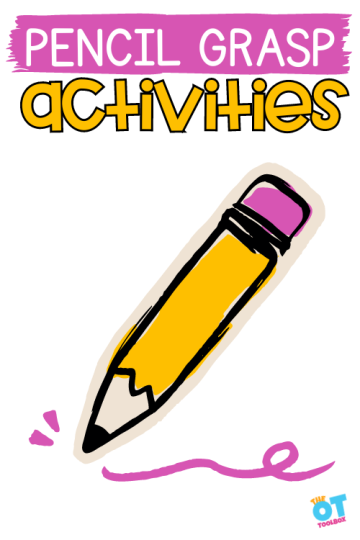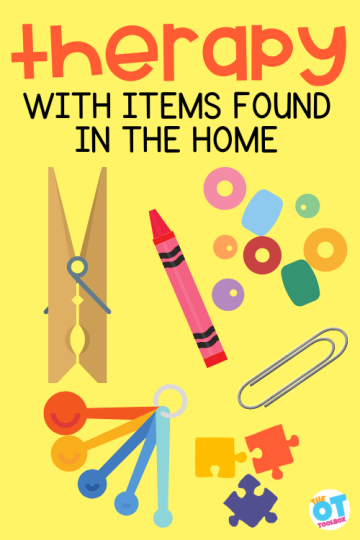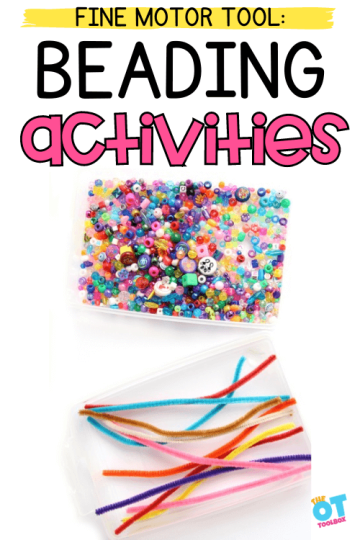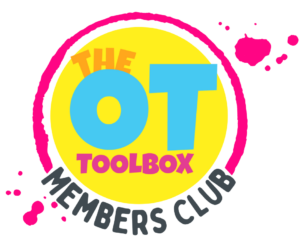Did you know there is a thing called mental dexterity? It’s true! Battling brain fog in children (or teens and adults!) impacts everyday executive functioning skills. Do you ever feel like your brain is in a cloud? Maybe you have trouble concentrating or can’t seem to think clearly. Your mind may wander or just completely drift off. In either case, you’re not alone – many people struggle with maintaining mental dexterity in their daily lives. This is what we often call “brain fog”, and it can be improved!
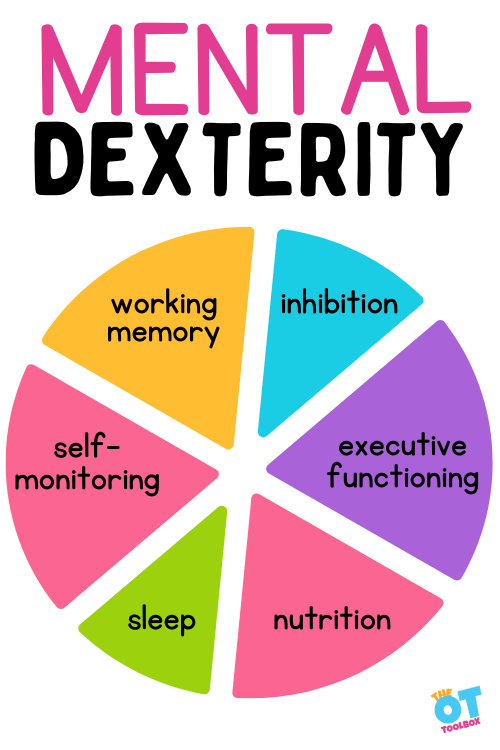
What is Mental Dexterity?
First, let’s break down what mental dexterity is.
Mental dexterity is the ability to think quickly and adapt to new situations. It involves cognitive processes such as problem-solving, decision-making, attention, and memory. When you have good mental dexterity, you’re able to process information efficiently, make decisions effectively, and respond to changing circumstances with ease. Those with strong mental dexterity are flexible thinkers and not over-thinkers.
Quickness of Thought
One aspect of mental dexterity is quickness of thought. This refers to the ability to process information rapidly and respond to it in a timely manner. Quickness of thought is essential in many areas of life, from sports to business to social interactions. When you’re able to think quickly and respond to situations on the fly, you may be more likely to succeed.
Executive Functioning and Mental Dexterity
Executive functioning is another key component of mental dexterity. We have broken down executive function in several posts on the site, and you can check them out here:
- Organization
- Attention
- Executive Function in School
- Impulse Control
- Planning and Prioritization
- Working Memory
- Foresight
The executive functions include a set of cognitive processes that enable us to plan, organize, and carry out tasks. When our executive functioning is strong, we’re able to prioritize tasks, manage our time effectively, and make decisions based on our goals and values.
There are several key components of executive functioning that impact mental dexterity, including:
Working memory: the ability to hold information in your mind, keeping it readily accessible
Inhibition: the ability to control your impulses and resist distractions
Task initiation: the ability to start a task efficiently without excessive procrastination
Planning and organization: the ability to develop a plan and carry it out in a systematic way
Self–monitoring: the ability to reflect on your performance and make adjustments as needed
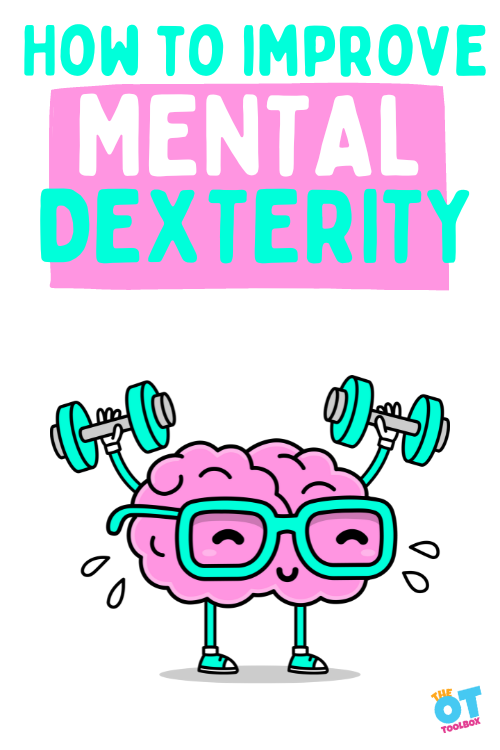
How to Improve Mental Dexterity
Brain fog is a common experience for many people, but improving mental dexterity is possible.
Brain fog in ADHD or brain fog in teens is not an actual medical condition, but rather, a way to describe an experience that often pairs with other factors. It can be caused by a variety of factors, including stress, lack of sleep, and the result of certain medications. When you’re experiencing brain fog, it can be challenging to maintain mental dexterity and quickness of thought.
Fortunately, there are several strategies you can use to improve mental dexterity and boost your brainpower:
Get enough sleep: Aim for at least 7-8 hours of sleep per night to help your brain recharge and function at its best. Sleep hygiene is important for all ages.
If you have trouble sleeping, try shifting habits in your nightly routine. The American Academy of Sleep Medicine recommends several tips to help you get the sleep your brain needs, including keeping a consistent sleep/wake schedule and only using your bed for sleeping. Bedtime relaxation strategies are one tool to use to help with falling and staying asleep.
Practice mindfulness: Mindfulness exercises such as deep breathing, journaling, and meditation can help calm your mind and improve your focus.
To start out on a mindfulness journey, try asking friends or family what works for them. Watch videos or read books on small ways to introduce mindfulness into your daily routine. Add journaling to your morning coffee or observe the world around you through your senses when you are walking your dog.
Exercise regularly: Physical activity has been shown to improve cognitive function and reduce brain fog.
Find an exercise that works for you, shooting towards at least 30 minutes of physical activity each day – or whatever your doctor recommends. Bonus points if you can do something mindful, like yoga, for your exercise!
Target specific executive functioning skills: Target aspects of executive functioning skills that are noticeable detriments to quickness of thought. This might be areas like attention or organization, planning ahead, or foresight. The Impulse Control Journal is a great way to foster individual skills.
Take breaks: When you’re working on a task for an extended period of time, take breaks to give your brain a rest and recharge your mental energy. Your brain fog may be your mind telling you it’s had enough for today!
You can use the 20-20-20 rule if you are sitting at a computer for a large stretch of the day. Every 20 minutes, look at something 20 feet away for at least 20 seconds. This give your eyes a rest and helps increase your focus. When you take your “eye break” check in with your body and see if a stretch, a glass of water, or a snack may be necessary.
Stay hydrated: Dehydration can lead to brain fog, so be sure to drink plenty of water throughout the day.
Hard to remember to hydrate? Try adding fruit, lemon juice, or fresh mint to your water for an extra satisfying kick. Or, maybe sparkling water is more your speed? It may be worth investing in a large water bottle so that you can use it to measure water intake! You can also use a sports bottle as a self-regulation tool to regulate the bottle while getting the hydration needed. This is a must for all ages, not just kids.
Final Tips for Mental Dexterity
And if none of that is helping with mental dexterity and battling your brain fog, there may be another factor to address like medication, nutrition, or overall mental health. It will be worth speaking to your doctor about your concerns.
Overall, mental dexterity is a crucial skill for success in many areas of life. Don’t worry if you don’t always feel on top of your game – we all need a “brain break” at times! Find what works for you to improve your executive functioning, and you can boost your brainpower and adapt to new situations with ease.

Sydney Thorson, OTR/L, is a new occupational therapist working in school-based therapy. Her
background is in Human Development and Family Studies, and she is passionate about
providing individualized and meaningful treatment for each child and their family. Sydney is also
a children’s author and illustrator and is always working on new and exciting projects.
Looking for more ways to get your mind organized while developing essential executive functioning skills? Try our Impulse Control Journal. This printable workbook is designed for all ages and supports skills across the executive functioning spectrum!
The Impulse Control Journal…a printable resource for helping kids strategize executive functioning skill development. When saying “calm down” just isn’t enough…
When a child is easily “triggered” and seems to melt down at any sign of loud noises or excitement…
When you need help or a starting point to teach kids self-regulation strategies…
When you are struggling to motivate or redirect a child without causing a meltdown…
When you’re struggling to help kids explore their emotions, develop self-regulation and coping skills, manage and reflect on their emotions, identify their emotions, and more as they grow…
Grab the Impulse Control Journal to build organizational strategies, planning, prioritization, habits, and mindset in kids.

